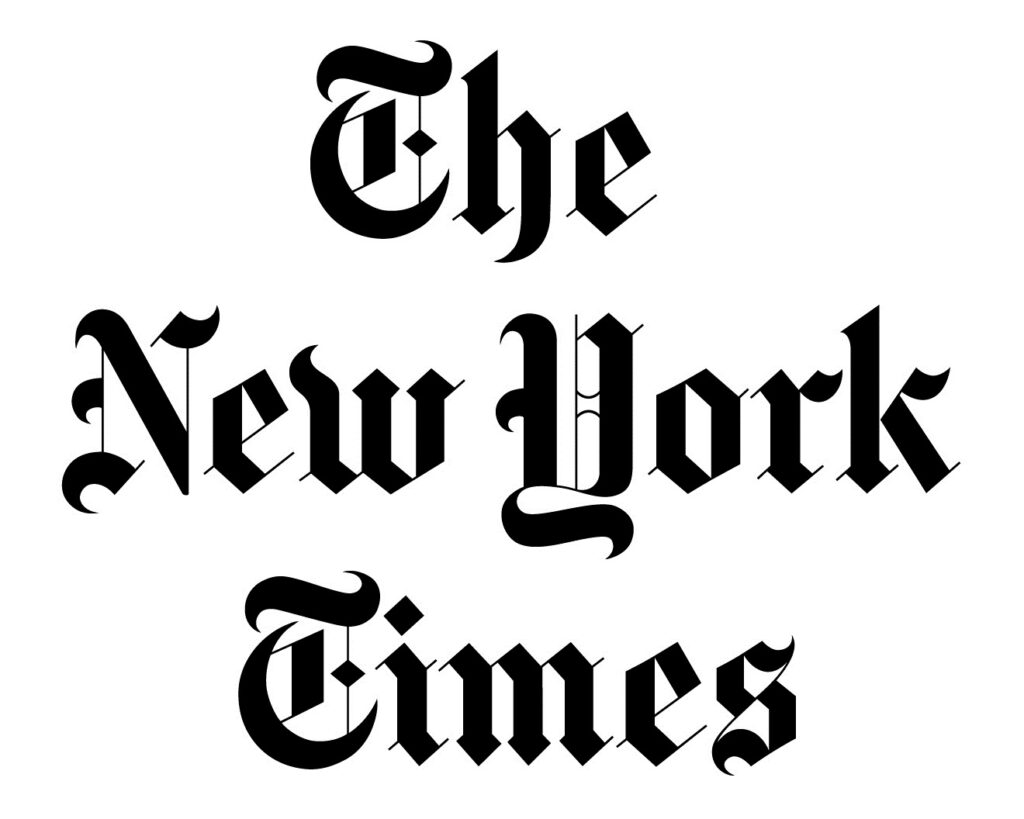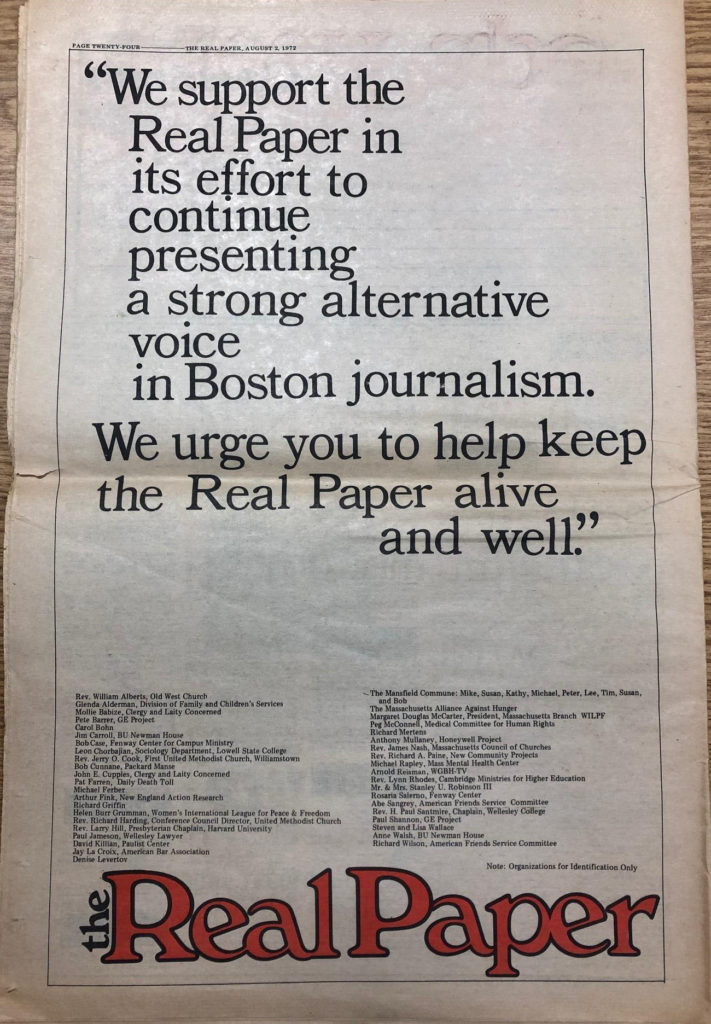The Northeastern University Library is very pleased to announce that the New York Times and Financial Times are now available to the Northeastern community through their publishers’ websites.
The New York Times is America’s most influential newspaper. In addition to daily news from the city of New York, it is best known for its extensive political coverage of the United States, international news, and in-depth focus on books, arts, and culture.
Northeastern’s subscription includes all the newspaper’s journalism, from today’s breaking news to full archival coverage (with digital images of the newspaper) back to 1980. Users can read and participate in comments, view data visualizations, and access video journalism and podcasts. To read on your phone, use the New York Times app on Apple or Google Play. Up to 10 articles per month can be shared gratis with non-subscribers.
Individual registration with your Northeastern (or New College of the Humanities-London) email is required. Current Northeastern faculty, staff, and students are eligible for access. Learn more and register for the New York Times.
The Financial Times is London-based and is also international in scope. From its roots as a business newspaper, it has grown to include political, economic, and cultural news. Northeastern’s subscription includes both the International and UK editions. The Financial Times tracks global markets, offers extensive coverage of business management and marketing news and trends worldwide, and hosts subject-focused newsletters, podcasts, and live conferences.
For classroom use, instructors can easily create reading lists to share with students. In addition, up to 20 “gift articles” per month can be shared with non-subscribers. A Financial Times app is available on Apple and Google Play.
Individual registration with your Northeastern (or New College of the Humanities-London) email is required. Current Northeastern faculty, staff, and students are eligible for access. Learn more and register for the Financial Times.
These two news sites join the hundreds of daily newspapers from Access World News and PressReader, as well as the Economist, the Wall Street Journal, Foreign Policy, and more, in the library’s growing collection of news sources from around the world. These highly requested newspapers meet the information needs of an increasingly global Northeastern.
Learn more about accessing newspapers through the Northeastern University Library on our News and Newspapers Guide.
This post was written with Roxanne Palmatier, Christine Oka, and Brooke Williams.


